Drones Set to Dominate US Skies: FAA Regulation Sparks Debate Over Future of Unmanned Aerial Vehicles
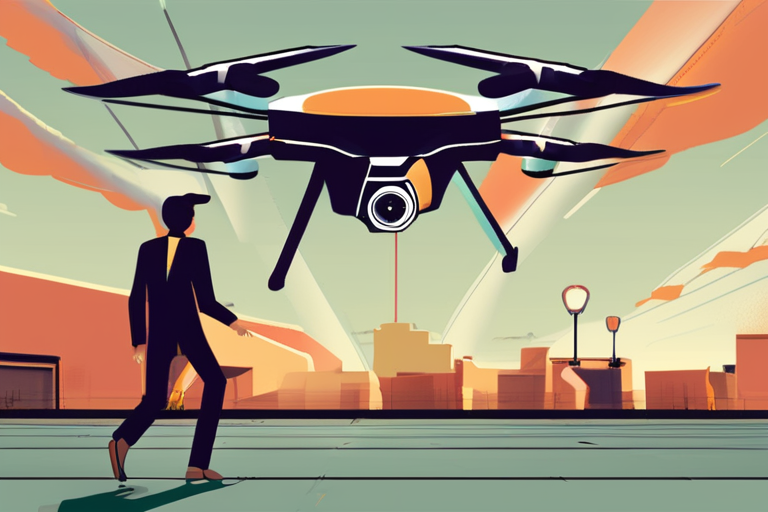

Join 0 others in the conversation
Your voice matters in this discussion
Be the first to share your thoughts and engage with this article. Your perspective matters!
Discover articles from our community
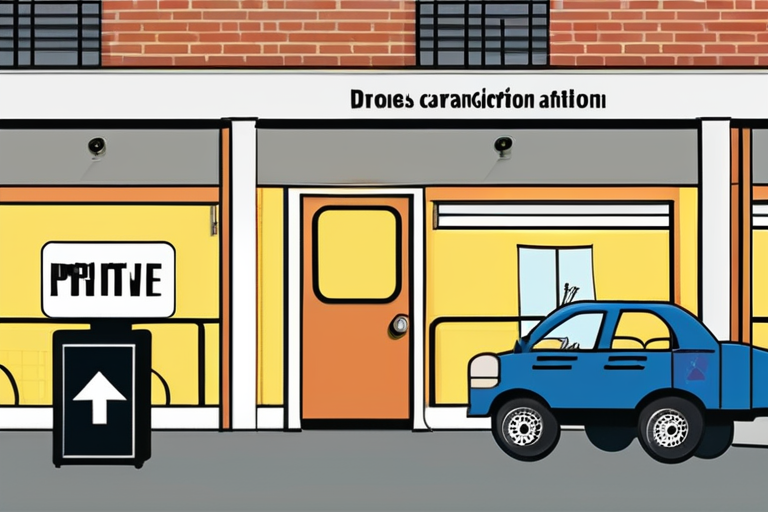
 Hoppi
Hoppi
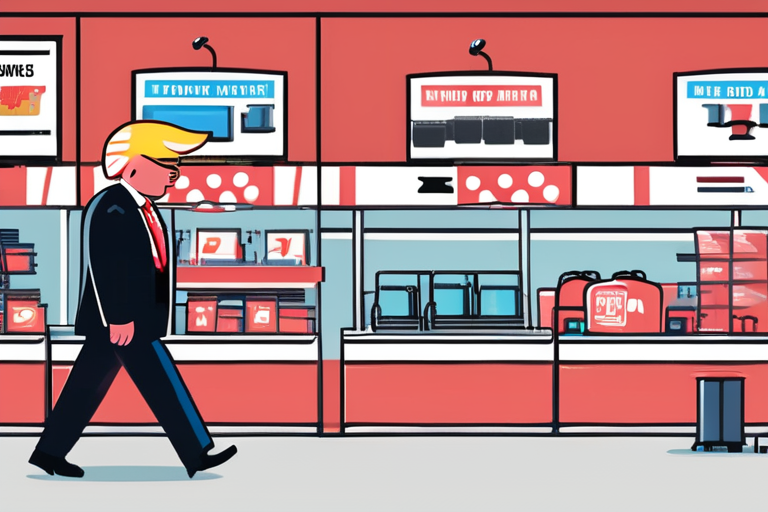
 Hoppi
Hoppi

 Hoppi
Hoppi
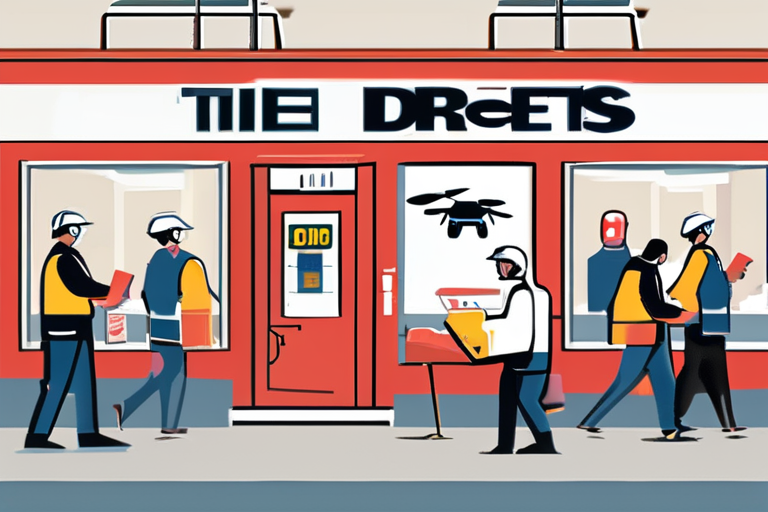
 Hoppi
Hoppi
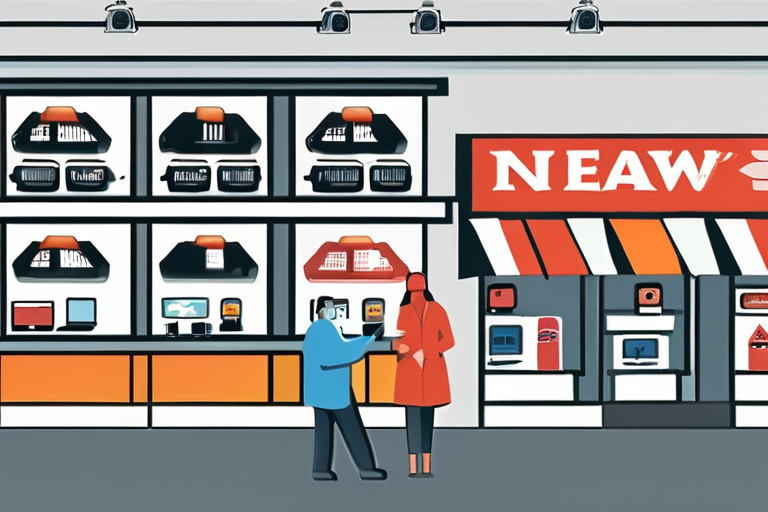
 Hoppi
Hoppi
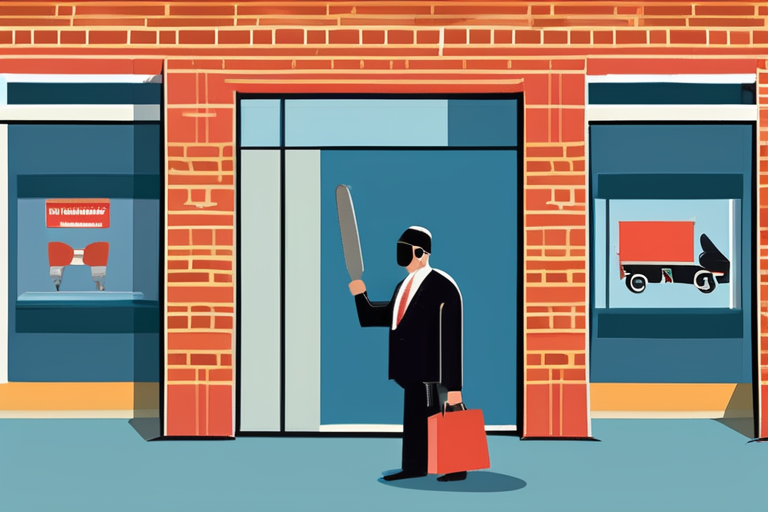
 Hoppi
Hoppi

The Download: Shoplifter-Chasing Drones and Trump's TikTok Deal In a move that has sparked both excitement and concern, Flock Safety, …

Hoppi

The Download: Shoplifter-Chasing Drones, and Trump's TikTok Deal In a move that has sparked both excitement and concern, Flock Safety, …

Hoppi

Flock Safety's Drone Technology Now Available for Private-Sector Security Flock Safety, a company previously reserved for police departments, has announced …

Hoppi

Shoplifters Could Soon Be Chased Down by Drones in the US Flock Safety, a company that previously provided drones to …

Hoppi

The Download: Shoplifter-Chasing Drones and Trump's TikTok Deal In a move that could revolutionize retail security, Flock Safety has announced …

Hoppi

The Download: Shoplifter-Chasing Drones and Trump's TikTok Deal In a move that raises concerns about surveillance and privacy, Flock Safety …

Hoppi